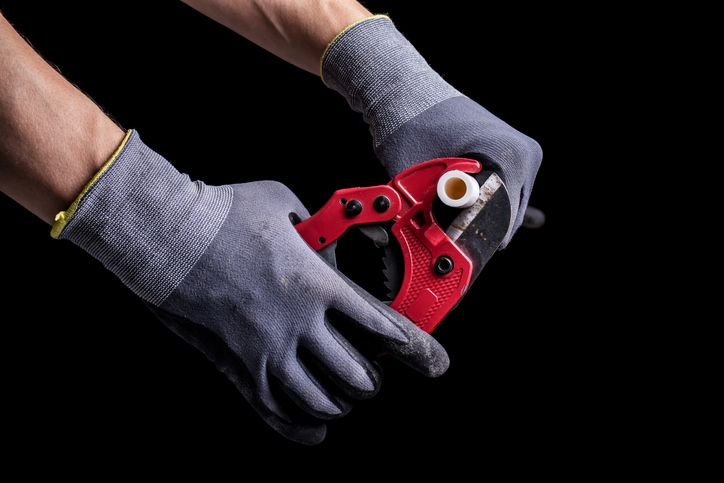Oct . 17, 2024 19:07 Back to list
Perforated Drainage Pipes for Efficient Land Water Management Solutions
Understanding Perforated Land Drainage Pipes A Comprehensive Guide
Effective land drainage is essential for maintaining healthy soil conditions and preventing waterlogging in agricultural and landscaped areas. One of the key components in achieving this is the use of perforated land drainage pipes. These specialized pipes are designed to collect and transport excess water away from the soil, thereby enhancing crop production, protecting structures, and improving overall environmental conditions. In this article, we will explore the importance, features, installation, and benefits of perforated land drainage pipes.
What Are Perforated Land Drainage Pipes?
Perforated land drainage pipes are tubes made from durable materials such as PVC, HDPE, or corrugated plastic. They are characterized by small holes or slots along their length, allowing water to enter the pipe from the surrounding soil. This drainage system is typically installed underground to redirect surplus water away from critical areas, reducing the risk of flooding and soil erosion.
Importance of Perforated Land Drainage Pipes
1. Soil Health Improvement Excess moisture in the soil can lead to anaerobic conditions, which negatively impacts root systems and plant growth. Perforated pipes help maintain optimal soil moisture levels, promoting healthy root development.
2. Crop Yield Enhancement In agricultural settings, the timely removal of excess water is crucial. Waterlogged fields can lead to reduced crop yields, as many crops are sensitive to prolonged saturation. By including perforated drainage systems, farmers can achieve better harvests.
3. Flood Prevention In urban areas, proper drainage systems are essential to manage stormwater drainage. Perforated pipes help prevent flooding by controlling water runoff, protecting infrastructure and homes from water damage.
Features of Perforated Land Drainage Pipes
- Durable Materials Perforated pipes are typically made from high-density polyethylene (HDPE) or polyvinyl chloride (PVC), both of which offer excellent resistance to chemicals, temperature fluctuations, and UV exposure.
- Customizable Sizes These pipes come in various diameters, usually ranging from 3 to 6 inches, allowing for customization based on the specific drainage needs of the site.
- Perforation Patterns The design of the perforations can vary based on the application. A common practice is to have holes spaced evenly along the length of the pipe to ensure consistent drainage.
- Geotextile Fabric Many perforated pipes are wrapped in geotextile fabric to prevent soil sediment from clogging holes. This ensures long-term efficiency and reduces maintenance needs.
perforated land drainage pipe product

Installation Process
The installation of perforated land drainage pipes involves several critical steps
1. Site Assessment Evaluate the area to determine the drainage needs, soil types, and accumulation points of water.
2. Trench Digging Dig trenches to the required depth and slope, ensuring that they promote water flow towards the discharge point. The trench should have a slight slope, typically 1% to 2%, to facilitate gravity drainage.
3. Layering Materials Line the bottom of the trench with a layer of gravel or crushed stone to create a porous base. This layer aids in water movement and helps maintain the functionality of the drainage system.
4. Pipe Placement Lay the perforated pipes in the trench, ensuring that the perforations face downward or sideways (away from the walls of the trench) to optimize water intake.
5. Covering Once the pipes are installed, cover them with additional gravel or stone to prevent sediment infiltration, and then backfill with soil to restore the surface.
Benefits of Using Perforated Land Drainage Pipes
- Cost-Effective Solution By preventing costly damage due to water accumulation, perforated drainage systems can save property owners significant amounts in repair costs.
- Environmentally Friendly Improved drainage helps maintain the natural water cycle and reduces the risk of erosion, making it a sustainable choice for land management.
- Long Lifespan With proper installation and maintenance, perforated pipes can last many years, providing a reliable drainage solution for various applications.
In conclusion, perforated land drainage pipes play a crucial role in effective water management across agricultural and urban environments. Their ability to regulate soil moisture and prevent flooding makes them an indispensable tool for both farmers and property owners. Investing in a well-designed drainage system can lead to enhanced productivity, healthier ecosystems, and greater resilience against extreme weather conditions.
-
High-Quality PVC Borehole Pipes Durable & Versatile Pipe Solutions
NewsJul.08,2025
-
High-Quality PVC Perforated Pipes for Efficient Drainage Leading Manufacturers & Factories
NewsJul.08,2025
-
High-Quality PVC Borehole Pipes Durable Pipe Solutions by Leading Manufacturer
NewsJul.08,2025
-
High-Quality PVC Borehole Pipes Reliable PVC Pipe Manufacturer Solutions
NewsJul.07,2025
-
High-Quality UPVC Drain Pipes Durable HDPE & Drain Pipe Solutions
NewsJul.07,2025
-
High-Quality Conduit Pipes & HDPE Conduit Fittings Manufacturer Reliable Factory Supply
NewsJul.06,2025

